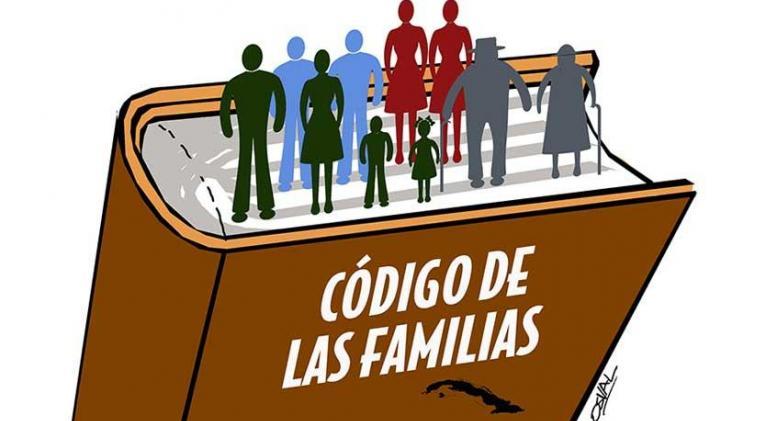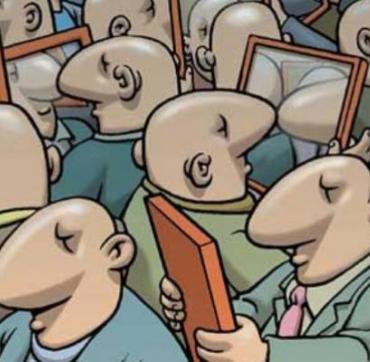Yes to the Code!
especiales

When in the last century Cuba presented the Family Code still in force, the norm was one of the most revolutionary in America. Rights were recognized and duties were raised that broke with retrograde outlines, rooted in the social, and cultural framework. A law, of course, is not enough to eliminate all prejudices, and related practices, to resolve conflicts arising from more or less obvious discrimination or injustices. But it’s a fundamental pillar in the fight for full justice.
A new law was necessary, which would take into account a context, but which would be based above all on the recognition of the inalienable rights of all citizens.
The changes brought by the new Family Code are not to the detriment of anyone. Everybody is favored. But they benefit citizens who were previously unprotected or disadvantaged. And not just homosexuals, as some say. Everyone, no exceptions.
It would be advisable to carefully read the law that will be submitted to a referendum. Article by article. It’s evident that it does not dispossess any individual or sector. It agglutinates, not subtracts. It’s a law born of deep collective reflection, in search of consent. And it’s clear in its claim to justice. The Constitution of the Republic itself rejects discrimination, the Family Code reaffirms that vocation.
Some religious conceptions contradict certain postulates of the law. There are debates in this regard. But the Constitution respects religious freedom. And churches are part of society, they don’t represent society in its entirety. It’s legislated for the whole society.
On a personal level, it would be good to understand the law as a whole, even if there are misunderstandings or disagreements with specific articles.
To condition or deny support for the Code due to political considerations, because it was conceived from the institutional framework, is to deny the enjoyment of their rights to important sectors. The law responds to demands of many groups for years. It seems contradictory that some reject the law because "the government is behind it", while enjoying the benefits of other laws that the government itself has promoted.
And this, in any case, is not the "government" Code, but the result of the confluence of institutions and actors and groups of civil society.
As has been said, the Code seeks to guarantee the rights of all people, regardless of the structure or ways of organization they have chosen when making a family, which is, ultimately, a moral entity, of a plural nature that has a single objective: to make its members happy.
Voting YES for the Family Code is a commitment to diversity, love, and responsibility. Cuba can once again be at the forefront of social legislation in Latin America. We have the opportunity to make it happen.
Translated by Amilkal Labañino / CubaSí Translation Staff














Add new comment